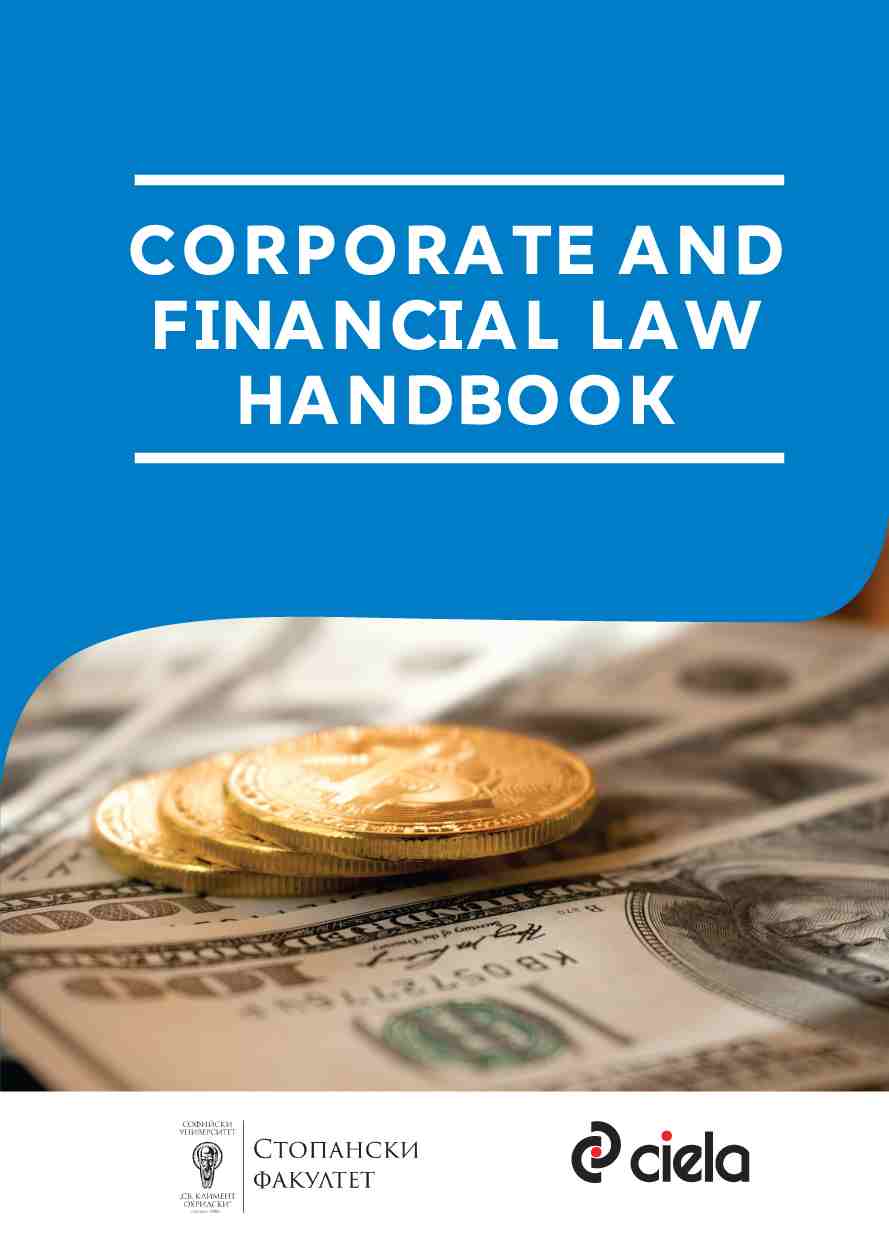
Одговорна лица у случају постојања материјалних недостатака ствари у праву БиХ
Regarding consumer protection, a crucial question is who the consumer can approach to enforce their rights due to defects in the purchased goods. In this study, we will delve into the entities accountable in situations involving defects in goods as outlined in the legal framework of Bosnia and Herzegovina (BiH). As BiH operates under two distinct laws for consumer protection, namely the Law on Consumer Protection of BiH and the Law on the Consumer Protection of Republic of Srpska (RS), we will ascertain whether consumers on the entire territory of BiH are afforded an equivalent level of protection in such scenarios. We will underscore the necessity of aligning regulations across BiH and assess their compatibility with EU directives designed to safeguard consumers as a distinct category of purchasers. Furthermore, we will put forth recommendations for enhancing consumer protection, particularly concerning the responsible parties in cases involving material defects.
More...


